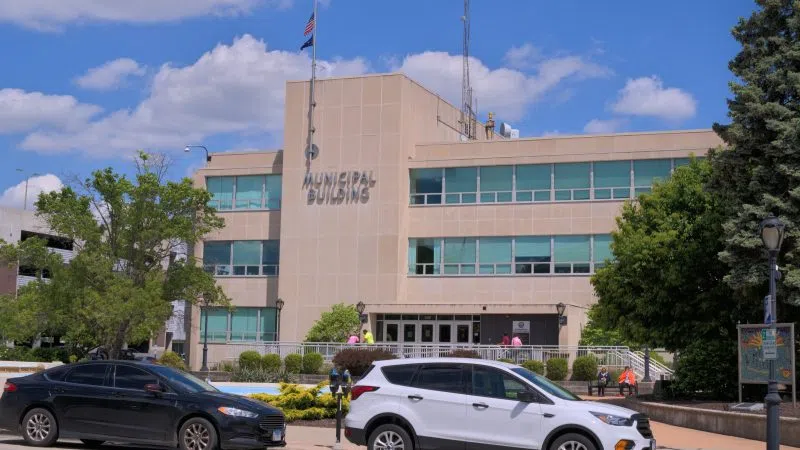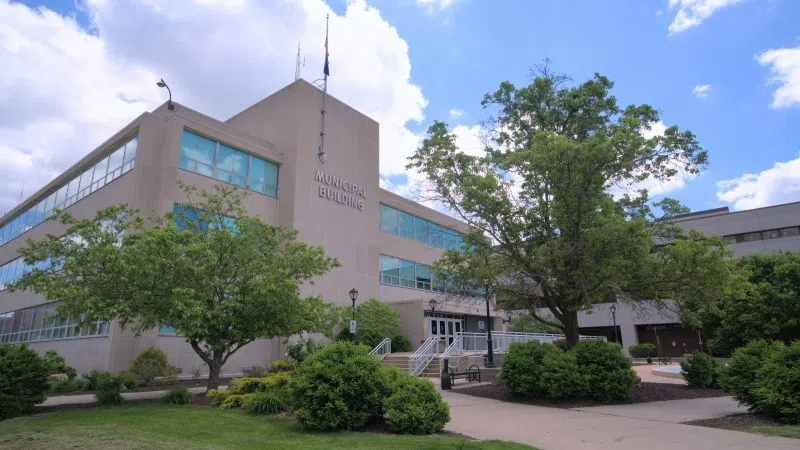The American Cancer Society has issued a report detailing key issues with the quality of healthcare for Illinois’s LGBTQIA+ community.
“The American Cancer Society’s special report, Cancer in People who Identify as Lesbian, Gay, Bisexual, Transgender, Queer or Gender-nonconforming (LGBTQ+) is more timely than ever for more than 500,000 LGBTQ+ residents in Illinois,” writes the society. The article provides the latest statistics on the prevalence of cancer screening and modifiable risk factors in LGBTQ+ populations, as well as a review of literature on cancer occurrence and obstacles to cancer prevention and treatment.
These findings were published in the journal Cancer, alongside its consumer-friendly companion, Cancer Facts & Figures 2024 Special Section: Cancer in People Who Identify as LGBTQ+.
For the study, researchers examined prevalence of risk factors across the U.S. based on the National Health Interview Survey for information on sexual orientation, and the Behavioral Risk Factor Surveillance System for gender identity, both of which are collected by the Centers for Disease Control and Prevention.
“One of the biggest take-aways from our report is that LGBTQ+ people are probably at higher risk for cancer, yet experience multiple barriers to high-quality healthcare access like discrimination and shortfalls in provider knowledge of their unique medical needs,” said Rebecca Siegel, senior scientific director, cancer surveillance at the American Cancer Society and senior author of the study.
“Everyone deserves an equal opportunity to prevent and detect cancer early, which is why it’s so important to remove these roadblocks for this population.”
Perhaps the greatest health disparity faced by LGBTQ+ communities is the presumption-of-care gap, which is the fear that a provider will refuse care due to gender identity or sexual orientation.
The concern is especially valid for those who reside in the states where it is legal to refuse care to LGBTQ+ individuals due to “conscience clauses” that allow healthcare providers, staff and insurers to deny care and services based on personal and religious beliefs. Other highlights include the following:
● Elevated cancer risk factors, such as higher smoking rates among bisexual women
● Lower cancer screening rates among transgender individuals
● Calls for better data collection on sexual orientation, gender identity, re: health disparities
“All people should have a fair and just opportunity to live a longer, healthier life free from cancer,” said Lisa A. Lacasse, president of ACS’ advocacy affiliate, the American Cancer Society Cancer Action Network. “As part of our mission to advocate for public policies that reduce the cancer burden for everyone, ACS CAN urges policymakers and lawmakers to prioritize policies that address the serious challenges and barriers to comprehensive access to health care that LGBTQ+ people experience. Importantly, passing laws that facilitate and increase the appropriate collection of sexual orientation and gender identity data is crucial to better understanding cancer disparities and to ultimately improving health outcomes.”








Comments